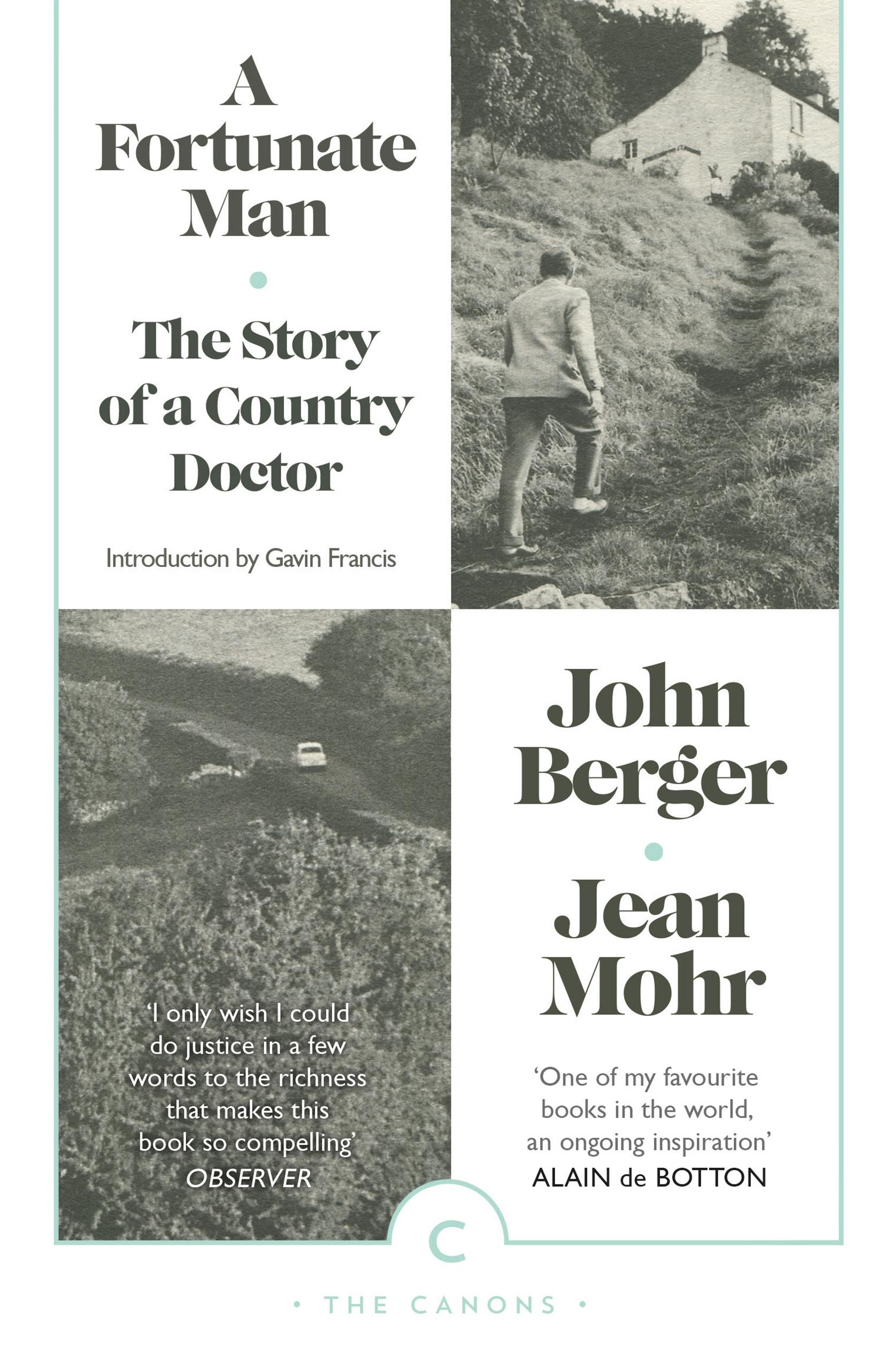
A Fortunate Man
John Berger
A doctor is not just 'a doctor', and the author does an incredible job of making you realise the unique skill set a doctor has. This book is very ‘human’ and makes you consider humanity throughout. The photographs do a great job of doing that too. I had moments of thinking about the fact that I am mortal and will one day pass, along with everyone I love and care about.
When you diagnose a patient, they are happy because they now know they are not the only one that has this illness. It is a 'thing'.
Having to work with the public on a daily basis and manage their expectations and problems, and then provide a 'solution' to it via diagnosis is only the tip of the iceberg.
The stories of the community made me think about what it would have been like in Llanilar growing up (albeit we were not quite as remote in the 90’s), but we were a small community in the countryside and this book got me pondering how the medical professionals would become integrated in the community naturally, due to the size of the community.
All the patients were very honest with the doctor, which allowed him to see their real motives and behaviours. How do we acquire the necessary trust to submit ourselves to a doctor? We give the doctor access to our bodies so easily, and the only other person that is granted 'access' that easily is a lover, and that is not done easily at the beginning.
The author then goes into some social commentary stuff. Common sense is static, socially passive and you betray yourself when you don't question something. There are sections of the English working and middle classes who are inarticulate as the result of the wholesale cultural deprivation.
Mentions Jean-Paul Sartre - 'when you are living, nothing happens' and how he compares 'living' with 'adventure', 'adventure doesn't come from events. it's how moments are linked together'. Want to read more from Sartre.
Small town folk don't expect much and have been brought up to settle for a minimum, 'life is like that'. Do they deserve the lives they lead or do they deserve better?
Like an artist, he believes his work justifies his life.
There seems to be two types of doctors, knowledge banks and personable doctors who make the patient feel seen, I feel like we could do something in the NHS with this? ?
The painting you saw last week when you assume the artist was alive is not the same painting when you find out they're dead. They made it and we're left with it.
A man's death normally makes everything certain about him.
We cannot afford to measure a human life, to measure a doctor's success.